Just under a month after the 12th anniversary of his papacy, Pope Francis died April 21 at the age of 88. Francis made history for a number of reasons: as an Argentinian, he was the first pope from the Americas and the first pope from the southern hemisphere. He was also the first Jesuit pope.
During his only papal visit to America in 2015, the only college he visited was St. Joe’s.
The Rev. Dan Joyce ’88, S.J., vice president of mission and ministry, said this visit was inspired by efforts the university took to encourage interreligious dialogue.
“Pope Francis came to St. Joe’s to acknowledge our great academic work as a university. He wanted to celebrate our decades of being leaders in inter-faith dialogue, especially in Jewish and Catholic relations,” Joyce wrote in an email to The Hawk. “That acknowledgement and celebration of our community is a personal inspiration for every past, present and future SJU student to excel here in order to make a more just society.”
Philip Cunningham, Ph.D., professor of theology and co-director of the Institute for Jewish-Catholic Relations, said Pope Francis lived this goal of interreligious dialogue, specifically with the Jewish community.
“I knew Rabbi [Abraham] Skorka, who is Pope Francis’ friend, for 20 years or more,” Cunningham said. “Their friendship, in and of itself, is somewhat historic in that Francis was, besides the only Jesuit pope, the only pope from Latin America, the Western Hemisphere, and the only pope to have had the experience as an adult of interreligious dialogue with Jews and on a regular basis, and one of them was with Abraham Skorka.”
To show the importance of this dialogue with the Jewish community, both Francis and Skorka blessed the statue “Synagoga and Ecclesia in Our Time” at St. Joe’s, which depicts human versions of Church and Synagogue learning from each other’s religious texts.
“By blessing it, [Francis] himself is endorsing it. He’s giving his papal approval of the relationship that he pursued all of his life,” Cunningham said.
Francis also promoted dialogue within the Catholic faith through his Synod on Synodality, a meeting of bishops where non-ordained members of the Church were invited to provide their opinions.
Julia Osęka ’25 was chosen by Francis to attend this Synod in 2023. Osęka said invitees learned from each other, even if they disagreed.
“As we enter into true and deep and authentic and vulnerable relationships, we undergo this relational conversion, which affects our hearts, our souls and our identities, too, because we learn from people who come from other places and have other identities than our own, and this applies to a personal level,” Osęka said.
Cunningham held a similar sentiment, saying this effort to look past the superficial and understand people no matter who they are could be an exemplar for all students.
“Francis is a model of resisting the dehumanizing of people, particularly when you disagree with them,” Cunningham said.
Francis’ compassion also extended to the marginalized and the planet itself through his large number of teachings on topics including immigration and climate change.
Tinamarie Stolz, M.A. ’24, assistant director of Campus Ministry, said these teachings were based on the Catholic ideals of human dignity and loving your neighbor.
“Pope Francis said, it [loving your neighbor] means that you are going to care for your brothers and sisters. You’re going to know them. You’re going to advocate for them. You are going to try to make a way for them that is safe,” Stolz said.
At St. Joe’s, Stolz said the pontiff’s teachings had ripple effects in a variety of Campus Ministry service programs, including the Winter Immersion Program, Appalachian Experience and students who volunteer at the English Language Center on the UCity campus.
Clint Springer, Ph.D., associate professor of biology, director of the Institute for Environmental Stewardship and director of the Barnes Arboretum, said Francis’ emphasis on equality applied to all creation.
“Understanding that we are all God’s creation and that we all have a place, that’s true of what he said about the environment, too,” Springer said. “Western philosophy has put humans on a different plane of other beings, and Francis sort of levels that.”
Francis’ teachings on environmentalism, published in an encyclical called “Laudato Si’: On Care for Our Common Home,” directly led to a new initiative on campus to improve St. Joe’s sustainability measures.
Francis did not only offer teachings, however. He also lived a uniquely humble life for a leader of 1.4 billion Catholics, frequently wearing plain white robes and living in a guesthouse at the Vatican.
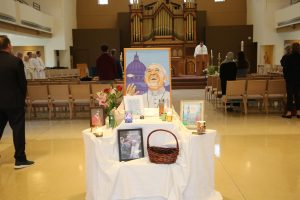
Both Stolz and Cunningham said Francis’ tradition of washing the feet of people from different backgrounds stood out to them as a sign of humility.
“He really was able, at the beginning of his pontificate, to be different than his predecessors in terms of how he appeared,” Cunningham said. “Washing the feet of prisoners on Holy Thursday, no pope had ever done that before.”
Stolz said Francis’ ministry served as a guide for all Catholics.
“For Holy Thursday, they do the washing of the feet, and he washed migrants’ feet,” Stolz said. “That image will always stick with me, and that is, I think, what our faith calls us to do.”
Osęka said Francis’ openness to those on the margins of both society at large and the Church struck her.
“He, as the head of this Catholic church, said, ‘No, we are called to put those people who we marginalize as Catholics in the center of our faith and of our acts of charity, and we should embrace them and welcome them and love them because we tend to hurt them,’” Osęka said.
For Joyce, it is these standout moments that will be the foundation of Francis’ legacy. While losing a fellow Jesuit is difficult, Francis leaves behind a legacy that can inspire everyone.
“It feels like we have lost a member of the family — a Jesuit brother,” Joyce said. “We will miss him. He was an inspiration to us and to millions of people of every background … But his inspiration is timeless and may be even more influential as we continue to share his teachings and live his example of joy, love and inclusion.”
















































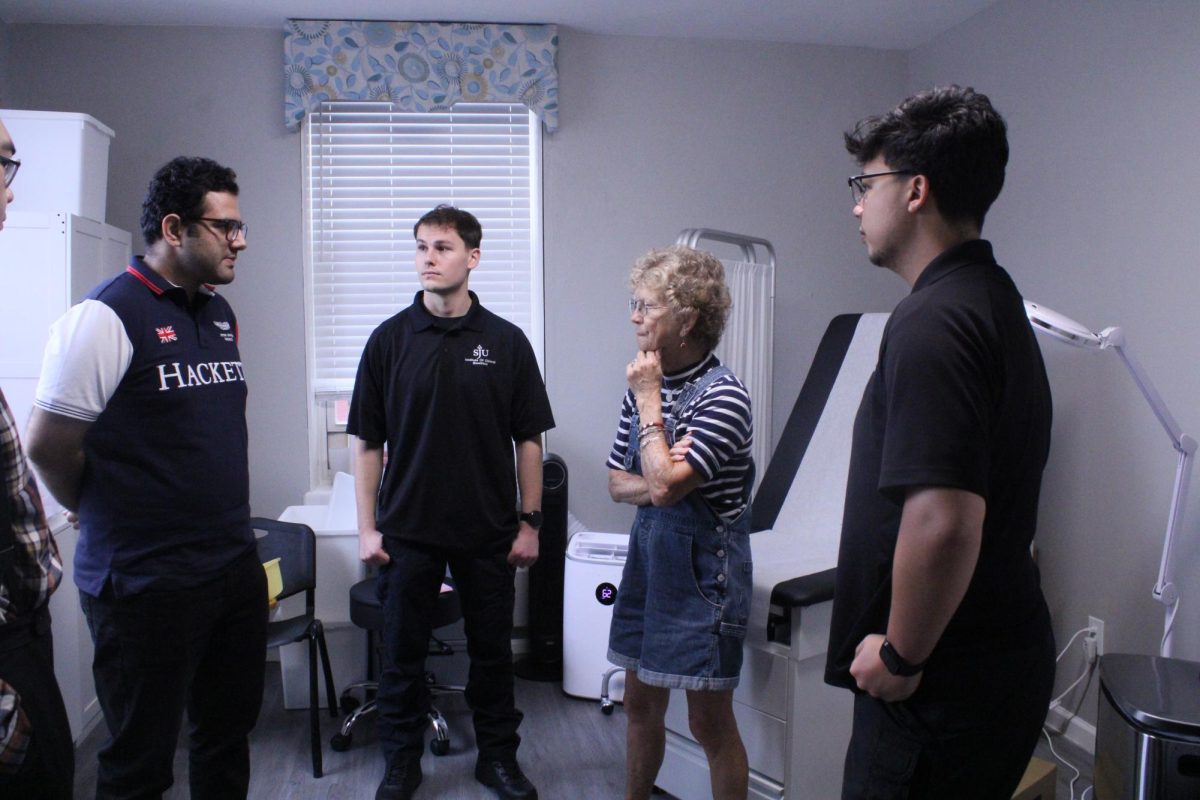
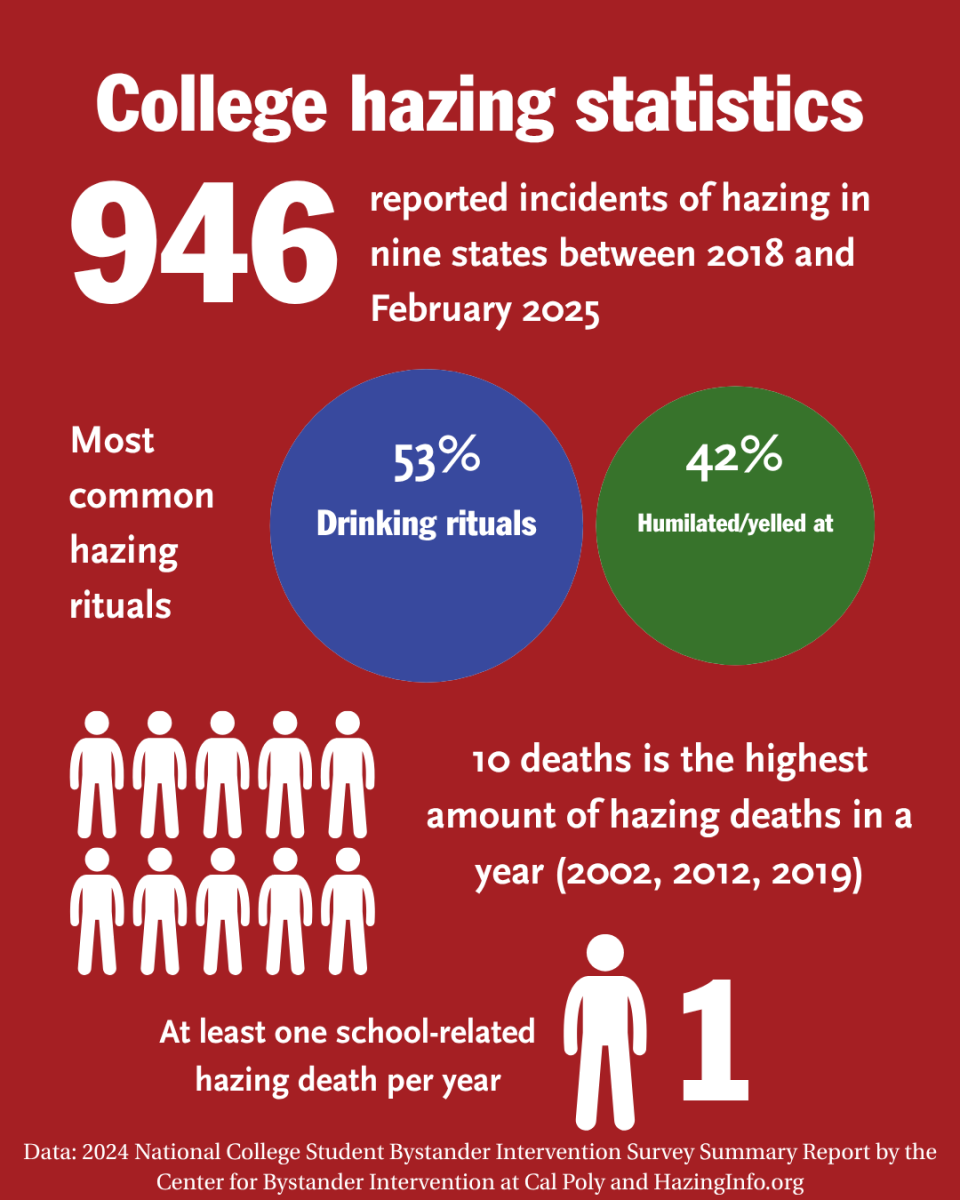
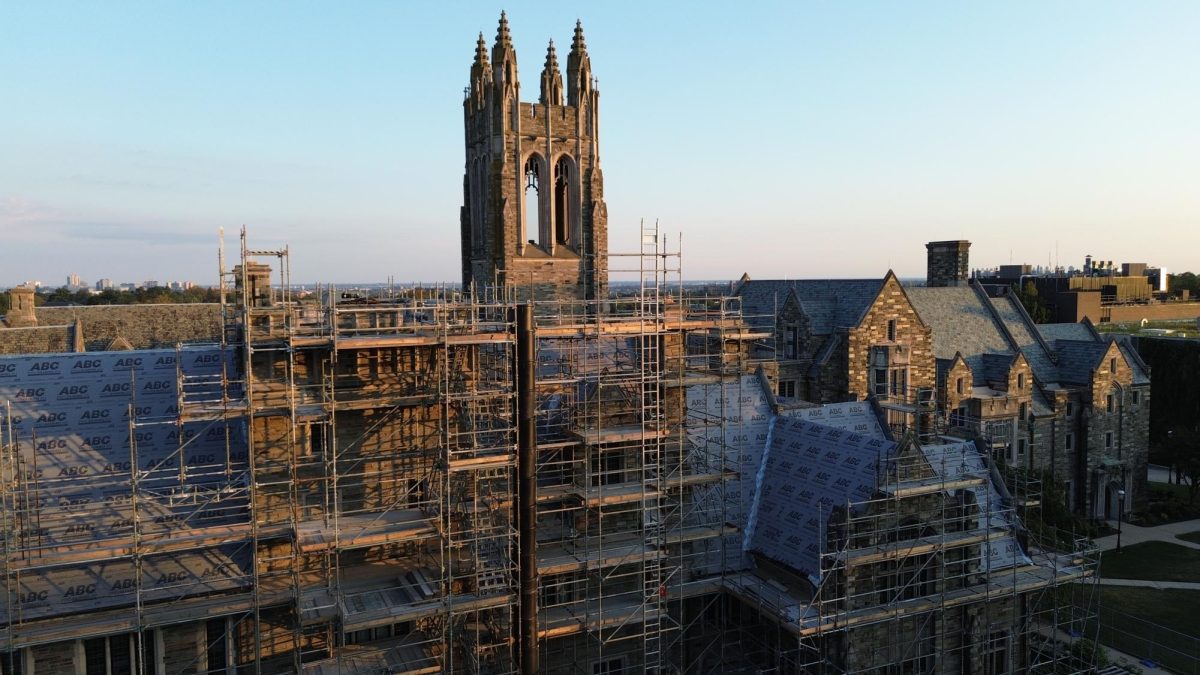
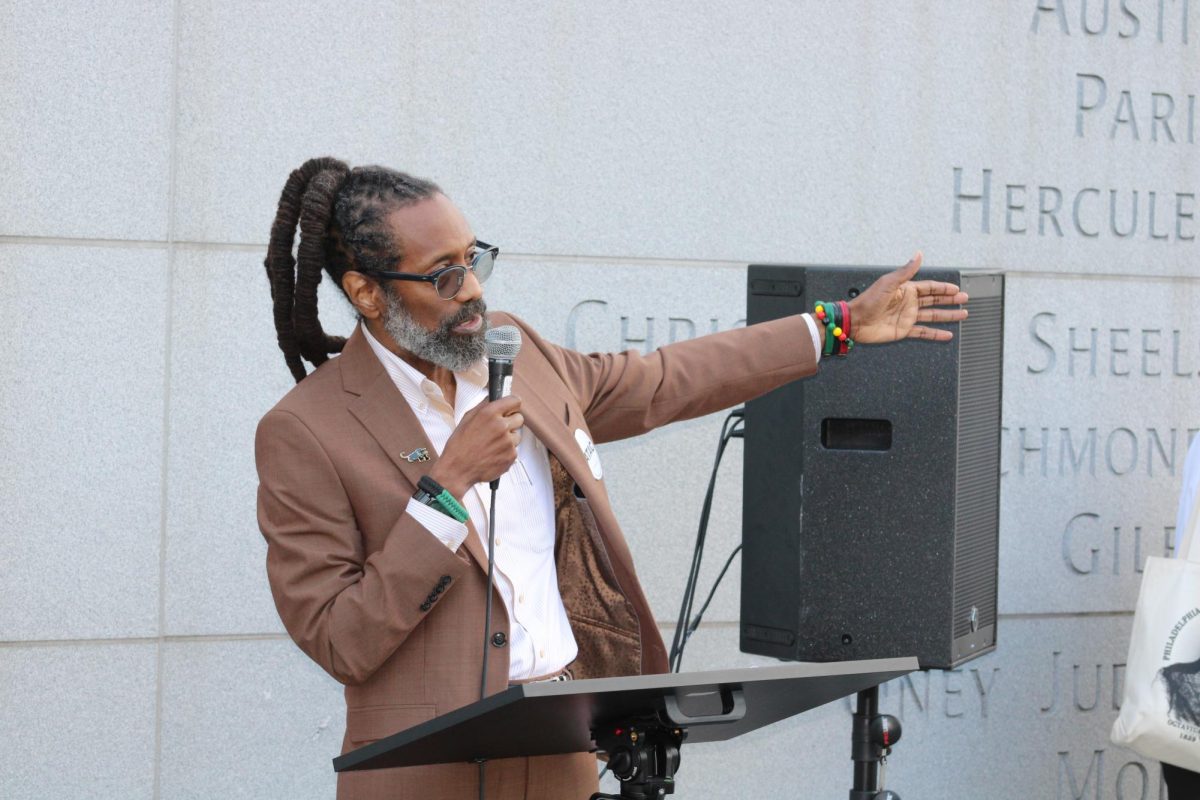
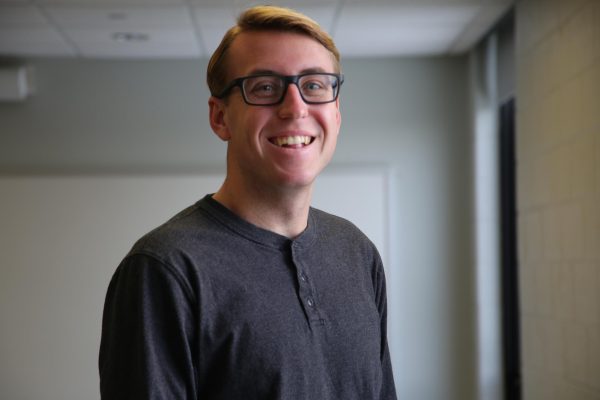
Margaret Engelbert • May 1, 2025 at 6:55 pm
Excellen article on our beloved Pope Francis
RIP ✝️